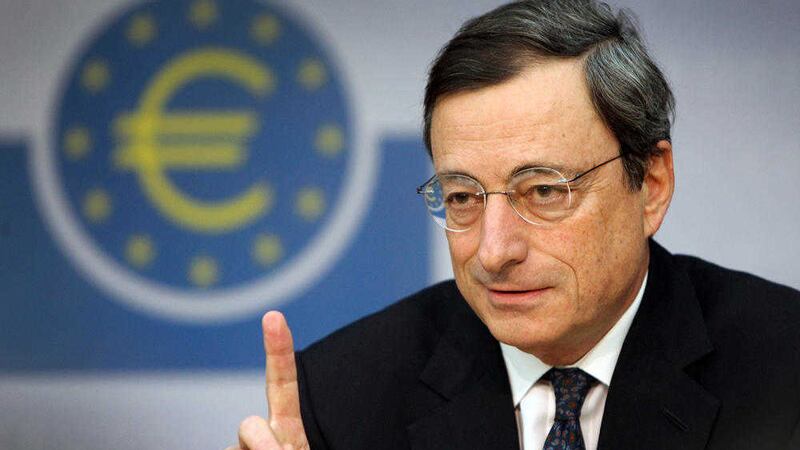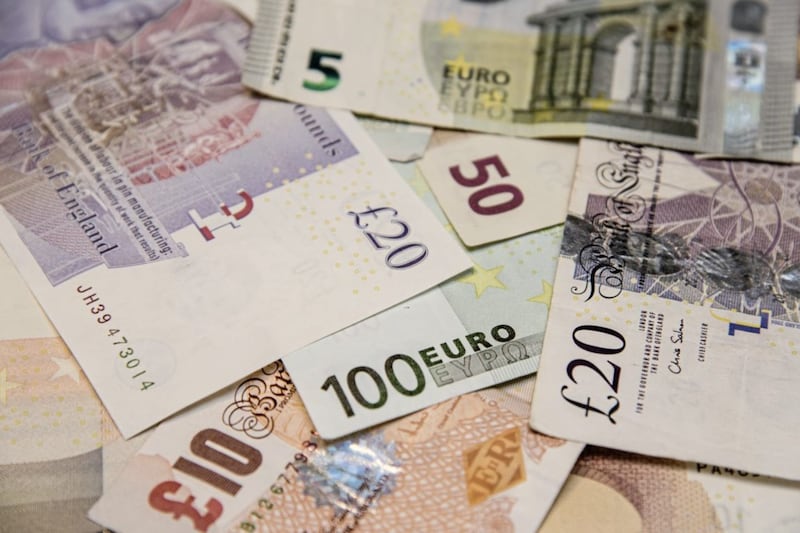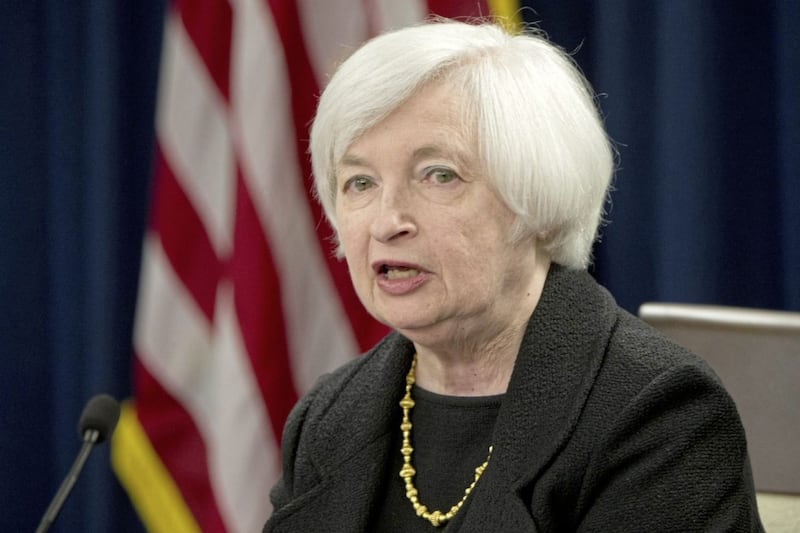LAST week demonstrated again the extent to which virtually all of the financial markets remain hyper-sensitive to central bank news. Markets initially responded positively to the raft of easing measures announced by the European Central Bank (ECB) following the meeting of its Governing Council on Thursday as what was announced generally exceeded expectations.
The euro fell by over a cent against the US dollar, bond yields moved lower and stocks rallied. But at the subsequent press conference, President Mario Draghi indicated that there was a limit to how far the ECB could go with negative interest rates without having consequences for the banking system. He also said that he did not anticipate any further rate cuts, with any additional easing likely to comprise non-standard measures, such as further expanding the quantitative easing programme.
Draghi’s comments were taken as a clear signal that interest rates have reached a trough which caused the market mood to sour. The euro soared by more than three cents versus the dollar following the ECB President’s comments, touching $1.12 at one stage.
The stock market fell back as it moved into negative territory, while bond yields actually rose on the day. Another sign that rates may have troughed is the recovery of oil and other commodity prices over the past month. Oil rose above $40 a barrel last week and is now well above its January floor.
Sticking with central banks, the main focus this week will be the meeting of the US Federal Reserve’s monetary policy committee. The December economic projections from the Federal Open Market Committee (FOMC) suggested that we would see four 0.25 per cent US interest rate hikes this year. Since then, the Fed has adopted a less hawkish tone, with its January meeting statement highlighting increased global risks, though the economic assessment remained generally positive.
Recent Fed comments have suggested that the FOMC is keeping its options open. The financial markets are not pricing in any rate hike for this week. Indeed, they do not expect another 0.25 per cent hike until towards the end of the year.
Meanwhile, closer to home, the Bank of England also meets this week. The market consensus is that we will see another unanimous decision to keep policy on hold, in part due to very weak inflation. Furthermore, the meeting minutes are likely to reinforce the view that the Bank is still some way off starting to tighten policy.
With regard to fiscal policy, Chancellor George Osborne announces his Budget tomorrow. The main focus from a data point of view will be on the labour market. Earnings growth has slowed since the middle of last year, but it is expected to edge up slightly in January to 2 per cent. However, this is unlikely to do much to change the central bank’s assessment that wage growth is “below rates consistent with meeting the inflation target”.








